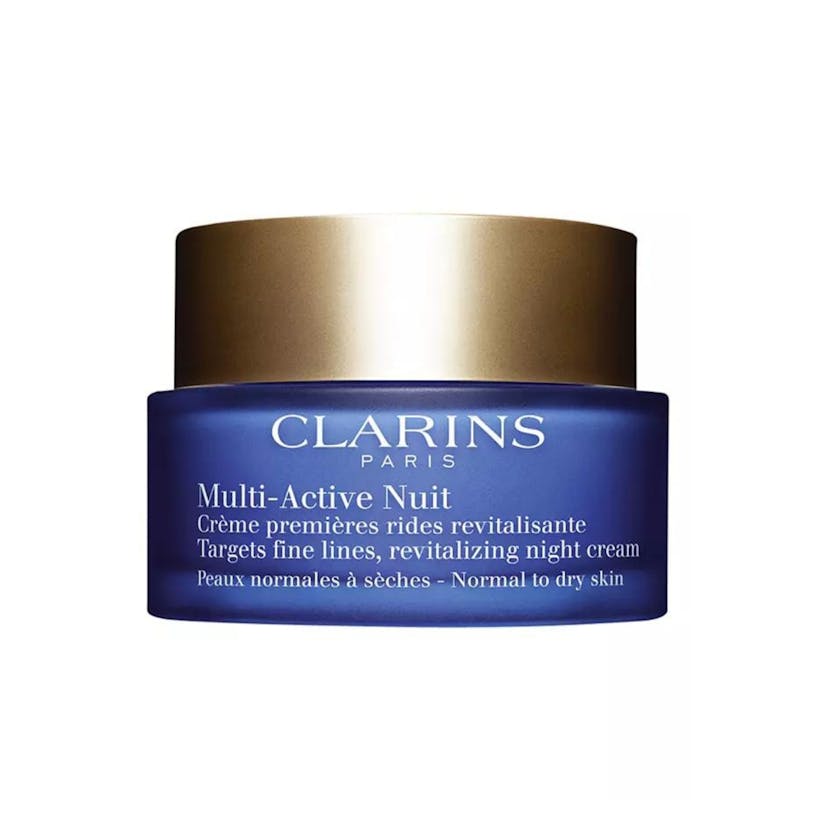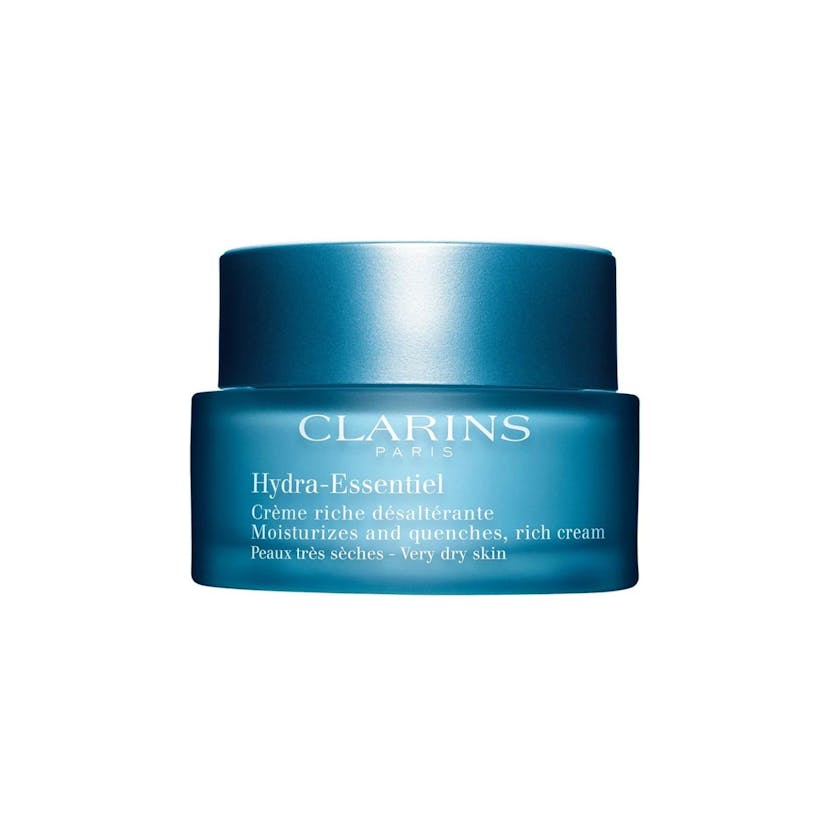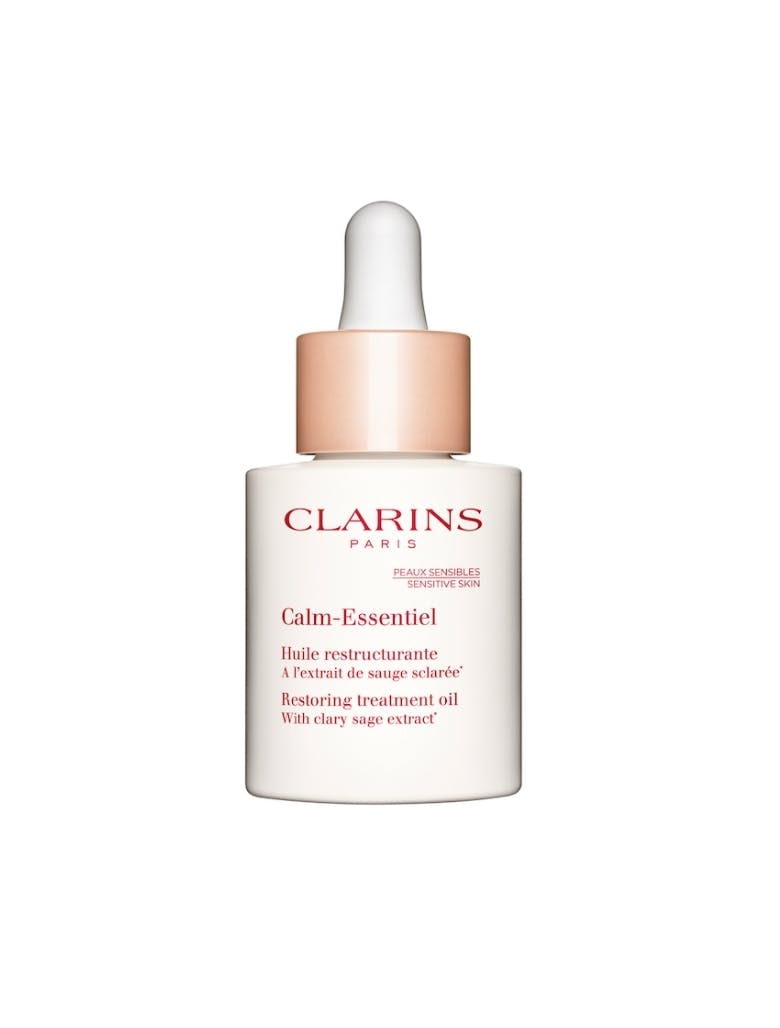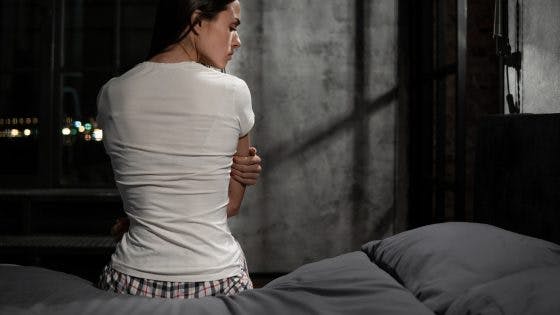What’s The Deal With Your Itchy Skin At Night? Find Out Here
6 minutes read
Chronic itchy skin at night feels like the world is working against you from having a good night’s rest. It can deprive you of deep sleep and can cause you to scratch until your skin bleeds. Bed bugs are not entirely to blame.
According to a study, over 90% of people complain of skin itchiness at night. But what causes itchy skin at night exactly, and how can we treat it? We ask top dermatologists for you.

Why do you have itchy skin at night?
There are many reasons for itchy skin at night – otherwise known as nocturnal pruritus. It’s also common for people with skin conditions, such as psoriasis and eczema, or aged over 65.
Itchy skin at night can also be exacerbated due to lifestyle factors such as stress or misuse of skincare.
“Our skin naturally gets dry and dehydrated at night. It’s part of the skin metabolism. In addition, we have insensible water losses through breathing or sweating, making us lose water. These contribute to why you may feel your skin is itchier at night,” celebrity dermatologist Dr Karan Lal explains.
Experts also say the body temperature and blood flow to our skin both increase at night-time, hence warming our skin. A rise in skin temperature can result in itchy skin at night.
Dr Paris Acharya, a London-based aesthetic doctor, adds: “Common causes of Itchy skin at night also include hormonal changes [women in the menopausal stage are prone to drier and itchier skin], central heating or low humidity environments, medical conditions such as diabetes and cancer, allergies, bathing frequently or using harsh products and detergents.”
Can alcohol cause itchy skin at night?
Absolutely; alcohol robs your skin of moisture, so one drink can mean itchy, dry skin for a few days.
“Alcohol can exacerbate your itchy skin at night. This is because it decreases your skin’s itch threshold,” says Dr Lal. However, he advises: “If you have very itchy skin from drinking, you want to make sure you see your doctor as this could be a sign of a more serious problem.”
Dr Acharya also says it can lead to other skin reactions such as redness, stinging, flushing and rashes.
“Some people have an intolerance to alcohol which may be genetic or allergic in nature. Alcohol can also trigger an inflammatory skin condition called rosacea, resulting in redness, sensitivity, and flushing. Generally, most alcohol-related symptoms will settle once the alcohol is eliminated from the body. However, if you find you are susceptible to a reaction, it is best to avoid it if you can,” Dr Acharya recommends.
If you still want to enjoy the taste of alcohol, but don’t want your skin to suffer, go the non-alcoholic route. We’ve come up with the Best Non-Alcoholic Drinks to Make or Buy Now
Can menopause cause itchy skin at night?
Yes. Hormonal changes that occur during perimenopause and menopause can cause a host of uncomfortable physical symptoms such as hot flashes, night sweats and itchy skin.
“The decline in oestrogen levels during menopausal years affects our skin’s production of collagen and natural lubricating oils. There may also be an increase in sensitivity to certain soaps and detergents, which will result in inflammation and itching,” Dr Acharya explains.
She recommends combatting this by: “Applying cooling compress, taking an oatmeal bath, moisturising regularly, avoiding scented products, using soft natural fabrics instead of synthetic ones, staying hydrated, avoiding excessively hot baths and showers. It is best to see your medical practitioner discuss this fully and formulate a treatment plan.”
What can you do to make itchy skin at night stop?
“Pollution contributes to itchy skin, so if you work in an area where pollution is a problem, it is best to shower before bed and follow up with a moisturiser,” advises Dr Lal.
You want to ensure your night moisturiser is ceramide-loaded to lock and seal moisture in. This will keep your skin moisturised at night and prevent the skin from dullness, dryness, and dehydration.

Beauty Daily recommends the Multi-Active Night Cream – Normal to Dry Skin, £49, to add to your nighttime skincare regimen. It is powered by an antioxidant called organic teasel extract, working hard to protect and preserve your skin’s hydration levels all night.
Another skincare superstar worth checking out is hyaluronic acid, which can absorb 1,000 times its weight in water, helping to plump and moisturise the skin.

We swear by the Hydra-Essentiel Rich Cream – Very Dry Skin, £38. This feather-weight texture moisturiser glides like butter on the skin, absorbs quickly, and instantly comforts compromised skin.
You can also calm your itchy and frazzled skin by using Calm-Essentiel Restoring Treatment Oil, £46, last thing before you hit the sack. It is specially formulated with sclareolide, a purified molecule from clary sage that instantly comforts weakened skin and promotes a sense of well-being, ensuring a good night’s sleep.

“If you live in a cold area and use a heater, you may be itchy from the dry heat. In this case, using a humidifier can be a great way to prevent that dry sensation,” Dr Lal recommends.
Also, ensuring you don’t do anything that further dries the skin (such as overuse of soaps or hot baths) will help solve your itchy skin at night. For instance, keep your showers short. The recommended maximum shower time is about five to ten minutes. This is enough time to cleanse and hydrate the skin without overdoing it. Also, shower with lukewarm water, as hot showers can dry your skin, especially on those build up areas like your feet.
“Use a gentle body wash! (Anything that is overly perfumed might not be beneficial). You want to moisturise twice a day if you are very itchy. Then, if you still feel itchy, apply over-the-counter 1% hydrocortisone ointment and use that as needed to specific itchy areas.”
Dr Acharya adds: “Staying well-hydrated, avoiding excess caffeine and alcohol, moisturising with a rich emollient regularly [like the Moisture-Rich Body Lotion, £38 – the perfect remedy for itchy skin at night] wearing natural fibres at night can help with your nightly itch.”
Could it be the dreaded bed bugs?
Stop bed bug bites by changing beddings (bed sheets, pillowcases and duvet covers) more frequently, ideally once a week, to keep sheets free of pollen, dust and other particles that might make itchy skin symptoms worse. Use bedding with anti-dust mite protection to keep out allergens. Clean mattresses with anti-bacterial products or things like bicarbonate of soda and turn 2-5 times per year for older mattresses.
Anxiety and stress have also been shown to exacerbate itch, leading to an actual itch-anxiety cycle. Here we listed Stress-Relief Strategies: 9 Ways To Reduce Stress And Anxiety
If you’ve got thirty minutes to spare over the weekend, pop up at your nearest Clarins’ Beauty Bar for a DeStress Express, £26.
Lastly, Dr Acharya advises: “If symptoms persist, consider talking to your doctor about medical options such as antihistamines, steroid creams, and hormonal replacement, they may also recommend blood or allergy testing to ensure no medical conditions are contributing to your itchy skin at night dilemma.”
Shea butter is also proven to have efficient anti-inflammatory properties and helps relieve skin from itchiness. Read next: The 6 Shea Butter Benefits You Need To Know
Read next: The Best And Worst Beauty Products To Wear Under The Sun
Popular Menopause Symptoms: Here’s The Top Searches According To Google
Sign up for our newsletter
We will keep you in the loop for special offers, exclusive gifts and product news.

